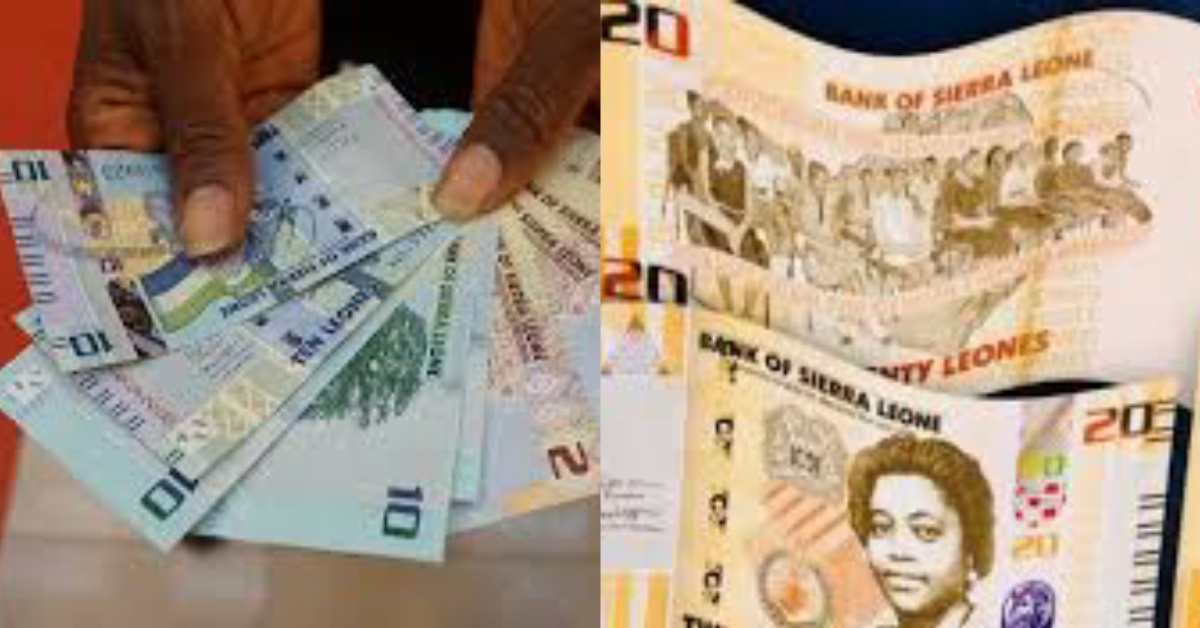The economic status of the country is gradually depreciating as its citizens cannot boast of having meal two times a day, and some even go to bed without any. Despite the contributions from mining and agriculture and partial recovery in tourism and manufacturing products to help boost the economy, however, economic growth still face significant downsides, risks, and uncertainties due to the war in Ukraine, global inflationary pressures, and the continued threat of COVID outbreaks.
The country is badly experiencing revenue shortfalls as most of the countries that are responsible for exporting their goods are as well faced with the same predicament. Sierra Leone is not only economically deteriorated, but also faced with a high risk of debt distress since its external debt is relatively high. The external share of debt has increased from 71.5% in 2020 to 74.3% which reflects more recourse to multilateral debt as the country faces high borrowing costs domestically.
From 1980 to 2021, the average inflation rate was 31.2% per year which has increased to 2,027,085.00. Several items that cost 100 Leones in the 1980s now cost 2,000 Leones at the beginning of 2022.
A large majority of Sierra Leoneans (80%) believe that the country is heading in the wrong direction as 40% of the people in this country are living in abject poverty due to the current economic situation.




 Post a comment
Post a comment









